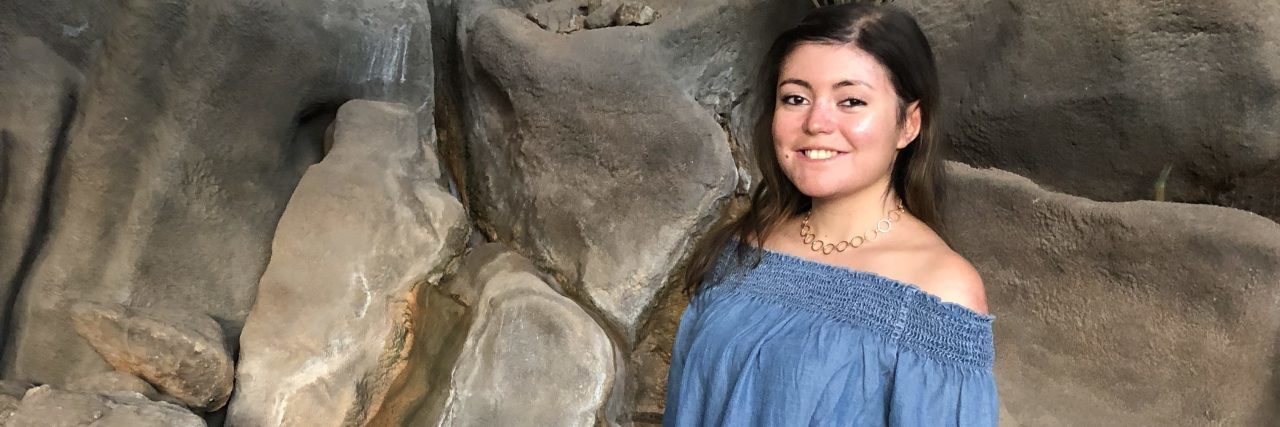Before I was even born, my body was already covered by wounds that could be easily mistaken for third-degree burns.
Before I was even able to enunciate my name, I had to go through surgeries and daily bandage changes that were (and still are) tremendously painful.
After minutes of being born, I was diagnosed with a life-threatening skin condition called epidermolysis bullosa (EB). This skin condition, while classified as rare, has still taken the life of so many, some who are very close friends of mine.
The doctors thought I wouldn’t make it past some days, like most EB patients –yet here I am, nearly 20 years later, completing my four years of university. This is a feat that most EB patients are unfortunately unable to accomplish, due to the physical limitation and immense pain we go through every day.
Having EB is not easy; it feels like a daily obstacle that I must conquer. EB is something I cannot hide, nor do I have the option of deciding whether I want to share it with others, because it’s so visible to the eye and anyone who looks at me will notice the difference in my physical appearance.
Not only is the pain difficult, and not only are the continuous wounds overwhelming, but the stares, the questions and people’s assumptions are what make this journey even more challenging.
We all know that college is a journey. College is the place for the individual to grow as a person, to find their purpose and to gain skills. Typically, the college student worries more over getting the classes they need than what others may think about them, or whether or not they’ll be accepted. The second scenario was my case.
My past experiences of walking through a school campus or entering a classroom had all been so traumatizing that I feared of college being the same.
I feared of people asking, “What happened to you?” rather than being interested in my major.
Not only has acceptance been a fear of mine, but prior to starting college and during my freshman year of college, I wondered if it’d really be worth it. I wondered if companies would really hire a wheelchair user with visible scars and bandages, despite having the skills required for the position. I wondered if I’d be able to handle the daily bandage changes, bad pain days, and doctor’s appointments alongside all the homework and tests assigned.
In a few months, I’ll be starting my third year of university, and thankfully, through the past two years of experience, most of my fears and questions have been addressed.
People have been more than accepting.
I realized people in college are adults who oftentimes have kids, jobs or other responsibilities, and don’t have time to wonder why I wear bandages. I have also realized that the only acceptance I truly need is self-acceptance, not from anyone else.
I have yet to master the “double life” that I lead. Being a chronic illness patient and a college student is not easy. Sometimes I’m writing essays while my mom is doing my foot bandages. Or sometimes, I’m studying through my phone as I wait for my iron infusion to finish. I have been able to balance everything, but it has not been simple.
My family and I feel very proud of myself for fighting and deciding on continuing with my education regardless of my challenges. I feel very proud that even though EB brings pain when completing the daily tasks others may take for granted, I’ve still kept my determination and fought through to accomplish my dreams.
I am the first one from my family and one of the few from the EB community to attend college, let alone a four-year college. Every day is a challenge. It’s been hard having to go through surgeries, treatments and endless bandage changes knowing that this is my life and I’m unable to do anything to make the suffering easier.
From the bottom of my heart, I hope that my determination and eagerness to complete my education, no matter the obstacle, inspires and motivates other college students to do the same, with or without an illness.
Follow this journey on the author’s Instagram.

